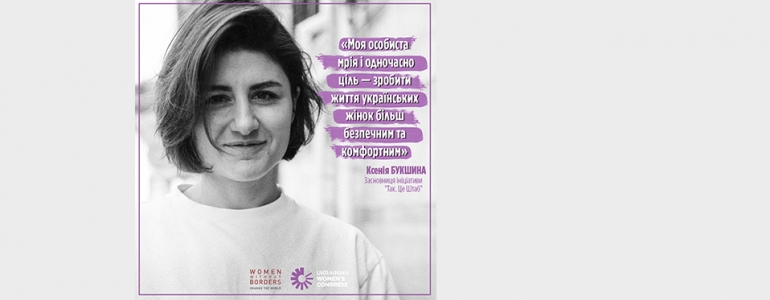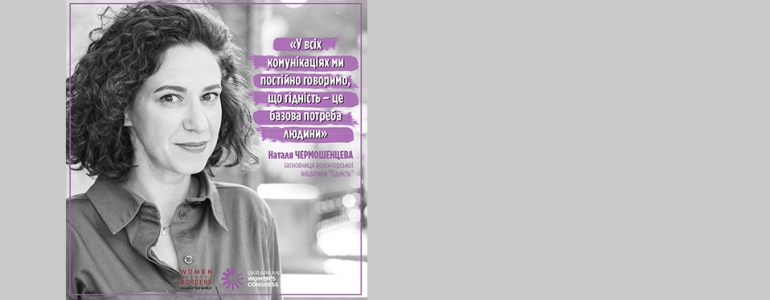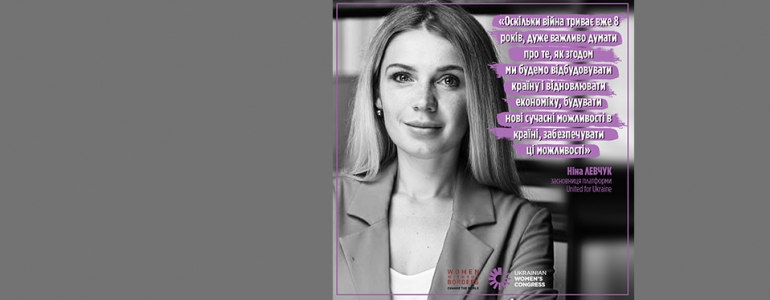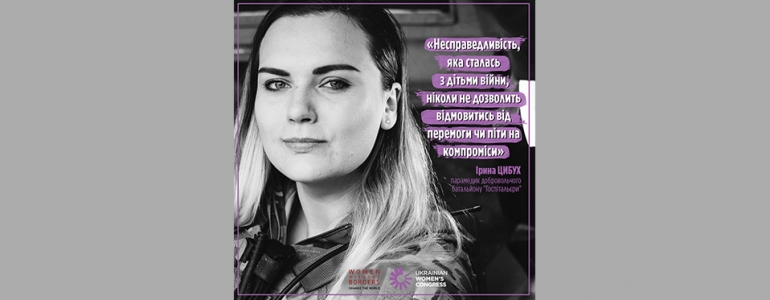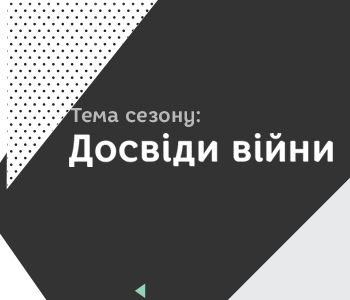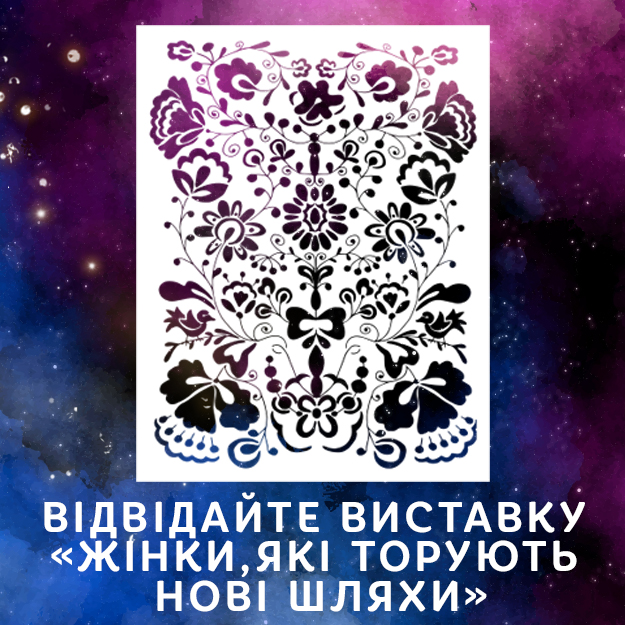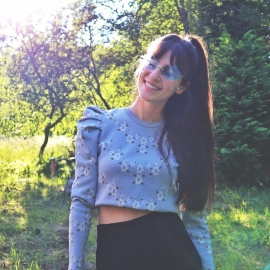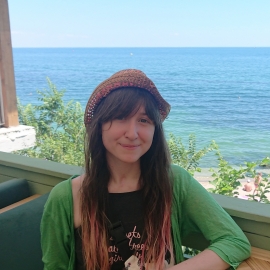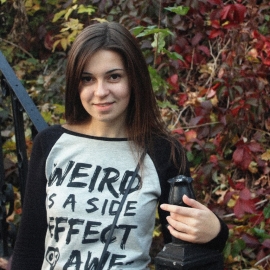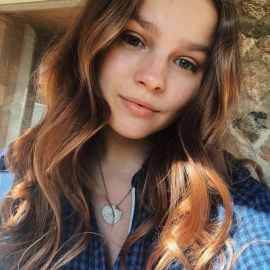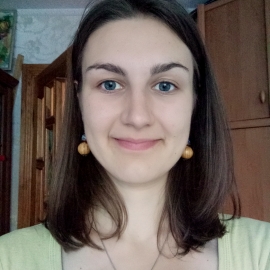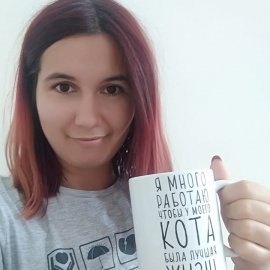- Тема сезону
- Спецрубрики
- Література
- Сексуальна освіта
- Безстрашні: вони творять фемінізм в Україні
- Поради батькам
- Юридична консультація
- Впливові: світ
- Впливові: Україна
- #HeForShe
- #Сексизм_патруль
- Collection of English Literature on Gender Issues in Ukraine
- Приятельська рекомендація
- Жінки в цифровізації
- «Жінки, які торують нові шляхи»
- Здоровий егоїзм у материнстві
- Освіта й гендер під час війни
- Бібліотека
- Спільнота
- Мультимедіа
- Новини
- Про нас
25 січня, 2026
Досвіди війни
Розповідаємо про досвід українців та українок, життя яких змінила війна.
Попередні Теми Сезону
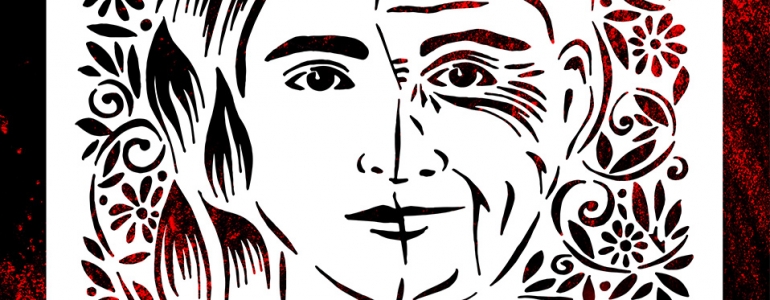
Олена Марчишина
Я була дуже маленькою, коли не стало мого дідуся і двох бабусь. Я була дуже юною й легковажною, коли не стало другого дідуся. Тепер шкодую, що не мала можливости й усвідомлення розпитати, яким було їхнє життя під час Другої світової війни.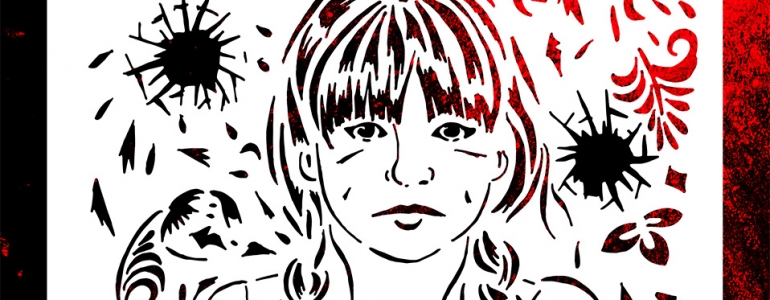
Олена Марчишина
Згадайте себе в підлітковому віці — які у вас були мрії і які проблеми. Кожна проблема, починаючи з дорослої людини, яка несправедливо поставилася до вашої думки, і завершуючи банально проспаним уроком в школі, здавалася глобальною.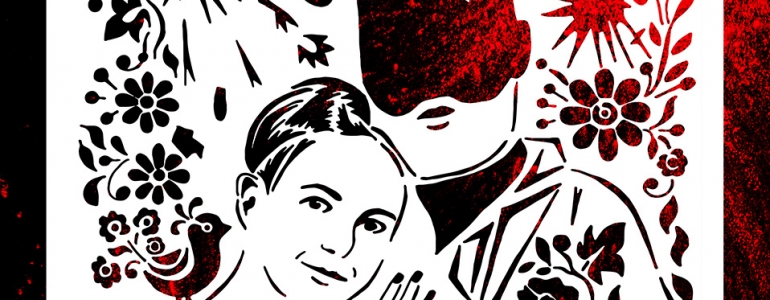
Олена Марчишина
Що таке весілля? Для когось це формальне підтвердження тривалих стосунків, для когось — важливий обряд подружнього єднання, з якого народжується сім’я. Одні пари хочуть, щоб це було велике гарне свято, підкріплене традиціями, — з купою гостей, подарунків і весільною подорожжю. Інші тихенько йдуть до РАГСу лише для себе, не бажаючи зайвого галасу.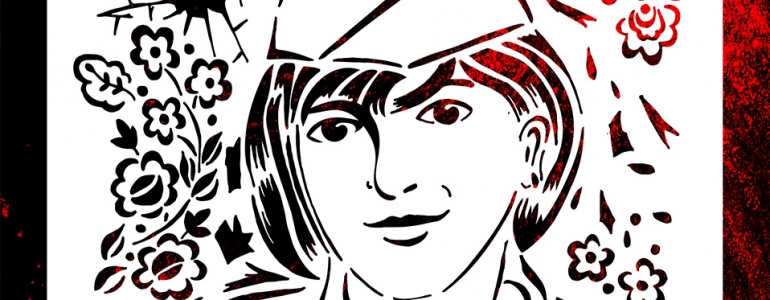
Олена Марчишина
Що таке поїздка потягом? Для мене із самого дитинства це пригода. Потяг завжди дорівнює мандрівка.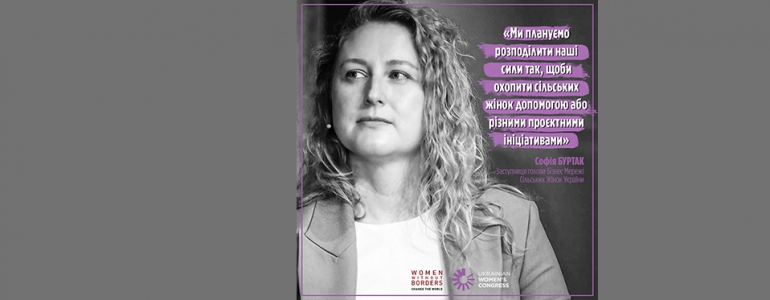
Софія Буртак про виклики для сільських жінок, спілки сільських підприємиць та механізацію жіночої праці.

Інна Ірискіна
Коли війна російської федерації проти України набула повномасштабного характеру, в Україні практично не лишилося людини, яку б вона не зачепила прямо чи непрямо. Це стосується й ЛГБТ+Абревіатура: лесбійки, геї, бісексуальні, трансгендерні, інтерсекс, квір-люди та інші. людей, представлених у будь-яких прошарках українського суспільства.Досвіди війни
Розповідаємо про досвід українців та українок, життя яких змінила війна.
